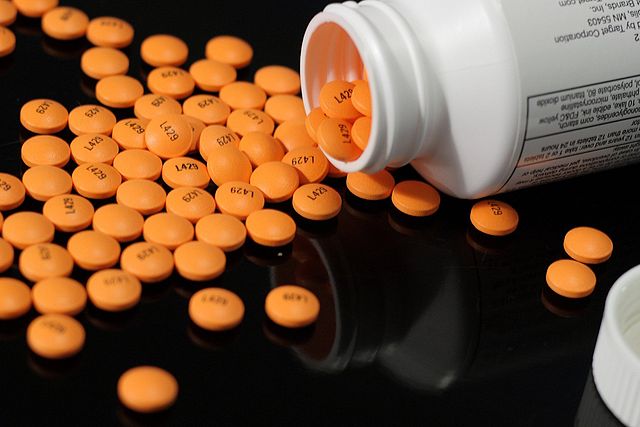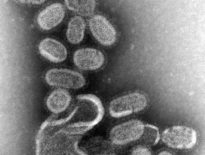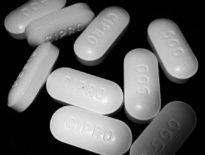
Before we delve into this month’s news about aspirin, let’s briefly review what we think we know. Aspirin is life-saving therapy during a heart attack. In patients who have had a stroke or a heart attack in the past, daily low dose aspirin can prevent a second stroke or heart attack. Ditto in patients who have had bypass surgery or angioplasty or those who have chronic angina (chest pain caused by narrowing of coronary arteries), daily low dose aspirin prevents heart attacks in them too.
(The term “baby aspirin” is no longer in favor because it leads some people to think that it’s aspirin for babies. Children should never take aspirin. So the 81 mg aspirin tablets in the US and the 100 mg tablets in Europe are now referred to as “low dose aspirin”.)
But because heart attack is the most common killer of men and women in the US, and because heart attack prevention is a huge healthcare priority, many people who are not in the above groups take low dose aspirin for heart attack and stroke prevention. The studies that aspirin can help prevent patients’ first stroke or heart attack show a much smaller benefit and involved mostly younger patients.
On the basis of these older studies the US Preventive Services Task Force recommends low dose aspirin to people in their 50s whose risk of stroke and heart attack over the next ten years exceeds 10%. For people in their 60s they recommend an individualized decision based on the patient’s preferences and individual risks. For patients over 70 they state that the current evidence is insufficient to assess the balance of benefits and harms of daily aspirin.
The risk of strokes and heart attacks increase with age, so one would think that if aspirin was beneficial in 55 year old patients, the benefits would be even higher in 75 year olds. Unfortunately, very few studies have focused on older patients. And while the risk of heart attacks and strokes are higher as we get older, the risk of life-threatening bleeding due to aspirin is higher too.
So in people over 70 who haven’t had a stroke or heart attack, how do the risks and benefits of low dose aspirin balance? A large study tried to answer that question. The results were published this month in three articles in the New England Journal of Medicine. The study enrolled over 19,000 people who were 70 or older. None of the enrollees had a history of stroke, heart attack, dementia, or physical disability. They were randomized to take daily low dose aspirin or placebo. They were followed for an average of 4.7 years.
Surprisingly, the two groups had similar incidence of stroke and heart attack. They also had similar incidence of physical disability and dementia. Aspirin didn’t seem to decrease the risk of any of these outcomes. Not surprisingly, the group taking aspirin had an increased risk of serious bleeding. The aspirin group also had a slightly higher death rate.
We’ve long known that daily aspirin use carries the risk of serious bleeding. But in healthy older people that risk doesn’t seem to buy any benefit. So if you’re older than 70 and haven’t had a stroke or heart attack and are taking daily aspirin, talk to your doctor about it. You might be better without it.
Learn more:
Low-Dose Aspirin Late in Life? Healthy People May Not Need It (New York Times)
Study: A Daily Baby Aspirin Has No Benefit For Healthy Older People (Shots, health news from NPR)
News For Healthy, Older Patients: Toss Your Baby Aspirin (Forbes)
Aspirin Use to Prevent Cardiovascular Disease and Colorectal Cancer (US Preventive Services Task Force recommendations)
Effect of Aspirin on Disability-free Survival in the Healthy Elderly (New England Journal of Medicine article, by subscription)
Effect of Aspirin on Cardiovascular Events and Bleeding in the Healthy Elderly (New England Journal of Medicine article, by subscription)
Effect of Aspirin on All-Cause Mortality in the Healthy Elderly (New England Journal of Medicine article, by subscription)

